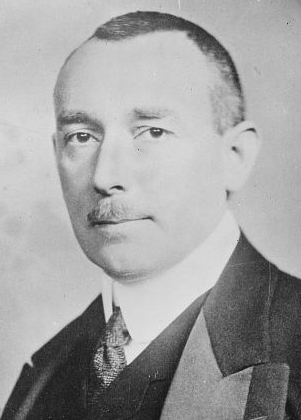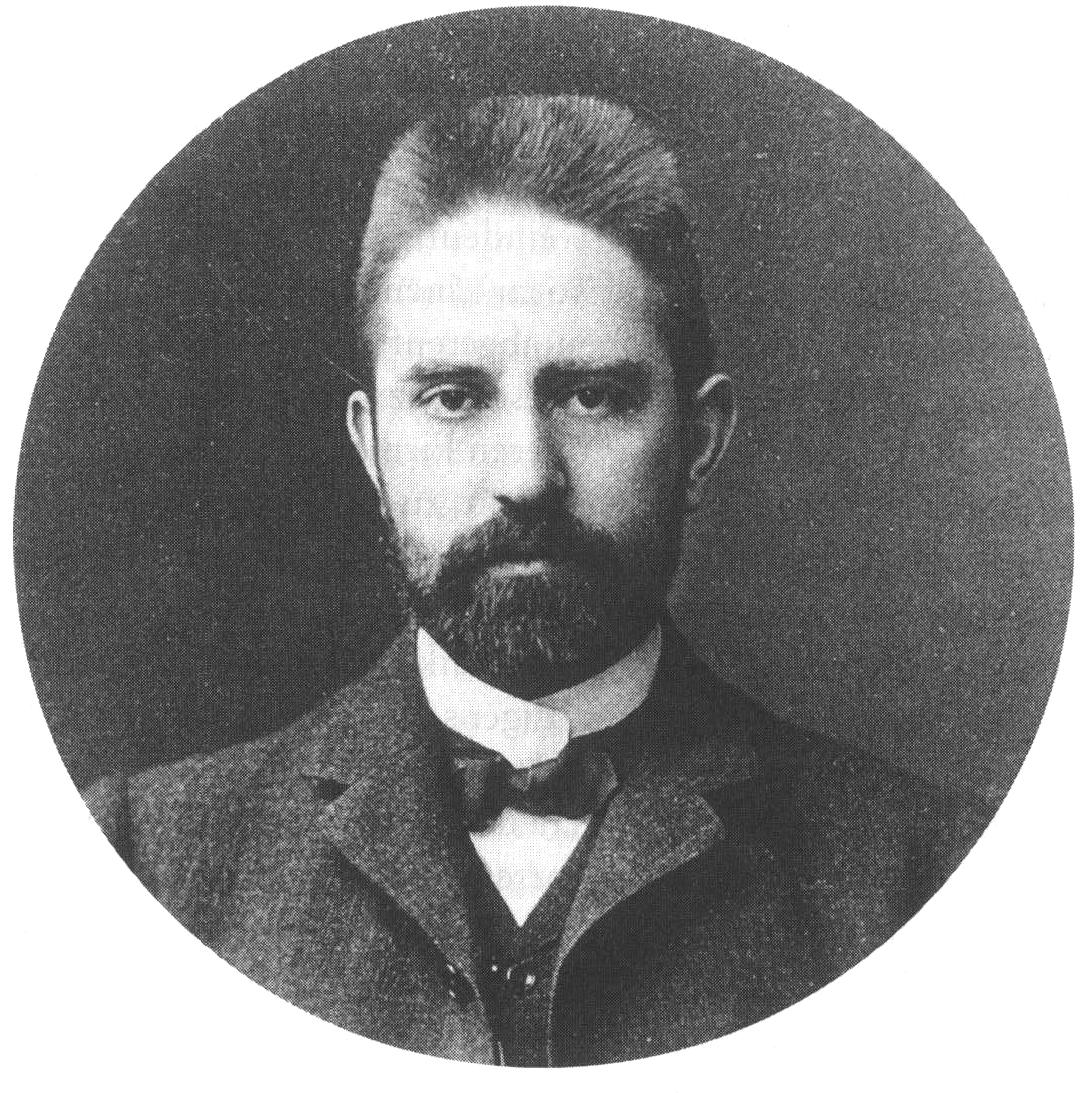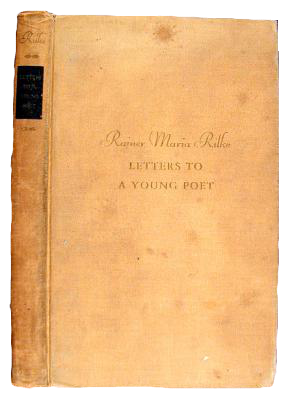|
LDPD Emblem
The Liberal Democratic Party of Germany (, LDPD) was a political party in East Germany. Like the other allied Bloc party (politics), bloc parties of the Socialist Unity Party of Germany (SED) in the National Front (East Germany), National Front, it had 52 representatives in the People's Chamber. Foundation The history of the party dates back to 16 June 1945, when a Berlin-based group led by Waldemar Koch and his father-in-law Eugen Schiffer took the initiative in refounding the Weimar-era ''German Democratic Party''. Koch was elected chair of the founding committee, with Wilhelm Külz as his deputy; the writer Franz Xaver Kappus joined the board as well. At first there were some conversations about forming a united centre-right democratic party with the Christian Democrats, but the idea was abandoned soon and the name was changed to Liberal Democratic Party ("Liberal-Demokratische Partei", LDP) before the party's official founding on 5 July 1946. It was first of all aimed at unit ... [...More Info...] [...Related Items...] OR: [Wikipedia] [Google] [Baidu] |
Waldemar Koch
Waldemar Koch (25 September 1880 – 15 May 1963) was a German liberal politician and economist. He was born in Bad Harzburg, Duchy of Brunswick. Koch studied Economics, Philosophy and History at Berlin. He received a doctorate in 1907 for a dissertation titled "Consolidation in the German Electrical Industry" (''"Konzentration in der dt. Elektroindustrie"''). Between 1907 and 1910 he undertook an extensive study tour that included Russia, China and the United States. He also worked for AEG from 1905 to 1907, returning to the company to head a London-based company for them from 1910 to 1914. During World War I he served in the German army. In 1918 he joined the German Democratic Party ''(Deutsche Demokratische Partei)''. Between the wars he worked as an economist and professor at Technische Universität Berlin. After World War II he co-founded the Liberal Democratic Party of Germany (LDPD) in the Soviet Occupied Zone (SBZ). In 1945 he was briefly the Chairman of the LD ... [...More Info...] [...Related Items...] OR: [Wikipedia] [Google] [Baidu] |
National Colours Of Germany
The national colours of the Federal Republic of Germany are officially black, red, and Or (heraldry), gold, defined with the adoption of the flag of Germany, West German flag as a tricolour (flag), tricolour with these colours in 1949. Germany was divided into West Germany and East Germany from 1949 to 1990, and both Germanies retained the black, red, and gold colors on their respective flags. After German reunification in 1990, the united Germany retained the West German flag, thus retaining black, red, and gold as Germany's colors. The colours ultimately hark back to the tricolour adopted by the ''Urburschenschaft'' of Jena in 1815, representing an early phase in the development of German nationalism and the idea of a Unification of Germany, unified German state. Since the 1860s, there has been a competing tradition of national colours as black, white, and red, based on the Hanseatic flags, used as the flag of the North German Confederation and the German Empire. The Weimar Repu ... [...More Info...] [...Related Items...] OR: [Wikipedia] [Google] [Baidu] |
Christian Democratic Union (East Germany)
The Christian Democratic Union of Germany (, CDU) was an East German political party founded in 1945. It was part of the National Front with the Socialist Unity Party and a bloc party until 1989. It contested the free elections in 1990 as an arm of the West German Christian Democratic Union, into which it merged after German reunification later that same year. Party politics The CDU was originally very similar to its West German counterpart. Like the West German CDU, its support came mostly from devout middle class Christians. However, it was a little more left-leaning than the West German CDU. Its first chairman was Andreas Hermes, who had been a prominent member of the Centre Party during the Weimar Republic and a three-time minister. He fled to the West in 1946 and was replaced by Jakob Kaiser, another former Centre Party member and a leading member of the resistance movement during World War II. Kaiser had been a prominent member of the Centre's left wing, and fa ... [...More Info...] [...Related Items...] OR: [Wikipedia] [Google] [Baidu] |
German National People's Party
The German National People's Party (, DNVP) was a national-conservative and German monarchy, monarchist political party in Germany during the Weimar Republic. Before the rise of the Nazi Party, it was the major nationalist party in Weimar Germany. It was an alliance of Conservatism in Germany, conservative, German nationalism, nationalist, monarchist, , and antisemitic elements supported by the Pan-German League. Ideologically, the party was described as subscribing to authoritarian conservatism, German nationalism, and monarchism. Until 1931, the party also advocated for National liberalism, national liberal and Protectionism, protectionist economic policies, embracing corporatism, corporatist economic policies from 1931 onwards. Some members like the populist media mogul Alfred Hugenberg embraced Economic nationalism, economic nationalism and Statism, statism. Under Hugenberg the party is seen by some as a ''German Tory conservatism, Tory conservative'' party. It held anti-commu ... [...More Info...] [...Related Items...] OR: [Wikipedia] [Google] [Baidu] |
German People's Party
The German People's Party (German: , DVP) was a conservative-liberal political party during the Weimar Republic that was the successor to the National Liberal Party of the German Empire. Along with the left-liberal German Democratic Party (DDP), it represented political liberalism in Germany between 1918 and 1933. The party's best known politician was its founding chairman and later Chancellor and Foreign Minister Gustav Stresemann. With the exception of two short-lived cabinets in 1921 and 1922, the DVP was represented in all Weimar governments from 1920 to 1931. In the late 1920s it turned more to the right politically but could not compete with other nationalist parties. By 1932 the DVP's share of the vote had shrunk to barely over one percent, and it disbanded shortly after the Nazi seizure of power in 1933. History Foundation Following the end of World War I and the collapse of the German Empire, the party system in Germany remained largely in place because the groups ... [...More Info...] [...Related Items...] OR: [Wikipedia] [Google] [Baidu] |
Weimar Republic
The Weimar Republic, officially known as the German Reich, was the German Reich, German state from 1918 to 1933, during which it was a constitutional republic for the first time in history; hence it is also referred to, and unofficially proclaimed itself, as the German Republic. The period's informal name is derived from the city of Weimar, which hosted the constituent assembly that established its government. In English, the republic was usually simply called "Germany", with "Weimar Republic" (a term introduced by Adolf Hitler in 1929) not commonly used until the 1930s. The Weimar Republic had a semi-presidential system. Toward the end of the First World War (1914–1918), Germany was exhausted and suing for peace, sued for peace in desperate circumstances. Awareness of imminent defeat sparked a German Revolution of 1918–1919, revolution, Abdication of Wilhelm II, the abdication of Kaiser Wilhelm II, the proclamation of the Weimar Republic on 9 November 1918, and formal cessa ... [...More Info...] [...Related Items...] OR: [Wikipedia] [Google] [Baidu] |
Franz Xaver Kappus
Franz Xaver Kappus (17 May 1883 – 9 October 1966) was an Austrian military officer, journalist, editor and writer who wrote poetry, short-stories, novels and screenplays. Kappus is known chiefly as the military academy cadet who wrote to Austrian poet Rainer Maria Rilke (1875–1926) for advice in a series of letters from 1902 to 1908 that were assembled and published in the best-selling book ''Letters to a Young Poet'' (1929). Life Franz Xaver Kappus was born on 17 May 1883 in Timișoara (also known as German: ''Temeschwar'', ''Temeschburg'' or ''Temeswar'', in Hungarian: ''Temesvár''), in the Banat province of the Austro-Hungarian Empire.Tullius, Nick and Leeb, Alex (editors)Banat Journalist, Writer & Author: Franz Xaver Kappus Donauschwaben Villages Helping Hands. Retrieved 27 May 2013. The Banat region (now divided between Hungary, Serbia and Romania) was populated with a large population of ethnic Germans known as Banat Swabians or Danube Swabians of which Kappus' ancest ... [...More Info...] [...Related Items...] OR: [Wikipedia] [Google] [Baidu] |
Wilhelm Külz
Wilhelm Külz (18 February 1875 – 10 April 1948) was a German liberal politician of the National Liberal Party, the German Democratic Party (DDP) and later the Liberal Democratic Party of Germany (LDPD). He held public office both in the German Empire and in the Weimar Republic. In 1926, he served as interior minister of Germany in the cabinets of chancellors Hans Luther and Wilhelm Marx. Early life Külz was born on 18 February 1875 at Borna near Leipzig in the Kingdom of Saxony. He was the son of Otto Külz (1839–1921), a Protestant priest, and his wife Anna (1849–1914, née Paschasius). He had a sister, Käthe (1878–1924) and a twin brother, Ludwig (1875–1938). From a conservative family, Wilhelm studied law at the University of Leipzig. He then served in the military (as ''Reserveleutnant''). Külz married Erna Freymond (1881–1963) in 1901. They had one son, Helmut. Also in 1901, he was awarded a doctorate at the ''Staatswissenschaftliche Fakultät'' of the U ... [...More Info...] [...Related Items...] OR: [Wikipedia] [Google] [Baidu] |
German Democratic Party
The German Democratic Party (, DDP) was a liberal political party in the Weimar Republic, considered centrist or centre-left. Along with the right-liberal German People's Party (, DVP), it represented political liberalism in Germany between 1918 and 1933. It was formed in 1918 from the Progressive People's Party and the liberal wing of the National Liberal Party, both of which had been active in the German Empire. After the formation of the first German state to be constituted along pluralist-democratic lines, the DDP took part as a member of varying coalitions in almost all Weimar Republic cabinets from 1919 to 1932. Before the Reichstag elections of 1930, it united with the , which was part of the national liberal Young German Order (). From that point on the party called itself the German State Party (, DStP) and retained the name even after the Reich Association left the party. Because of the connection to the Reich Association, members of the left wing of the DDP brok ... [...More Info...] [...Related Items...] OR: [Wikipedia] [Google] [Baidu] |
Eugen Schiffer
Eugen Schiffer (14 February 1860 – 5 September 1954) was a German lawyer and liberal politician. He served as Minister of Finance and deputy head of government in the Weimar Republic from February to April 1919. From October 1919 to March 1920, he was again deputy head of government and Minister of Justice. In 1921, he once more became Minister of Justice. Schiffer was a founder-member of the liberal German Democratic Party (DDP) in 1918 and 1919 and co-founder in 1946 of its East German successor party, the Liberal Democratic Party of Germany (LDPD). Early life Eugen Schiffer was born in Breslau in the Prussian Province of Silesia on 14 February 1860 as the son of Bernhard Schiffer (1830–1900, a merchant) and his wife Mathilde (1832–88, née Kassel). Schiffer graduated from the ''Elisabeth-Gymnasium'' in Breslau with the Abitur and went on to study law at Breslau, Leipzig and Tübingen. He entered the Prussian judicial service in 1880 and after positions in Zabrze (Uppe ... [...More Info...] [...Related Items...] OR: [Wikipedia] [Google] [Baidu] |
People's Chamber
The Volkskammer (, "People's Chamber") was the supreme power organ of East Germany. It was the only branch of government in the state, and per the principle of unified power, all state organs were subservient to it. The Volkskammer was initially the lower house of a bicameral legislature. The upper house was the Chamber of States, or ''Länderkammer'', but in 1952 the states of East Germany were dissolved, and the Chamber of States was abolished in 1958. Constitutionally, the Volkskammer was the highest organ of state power in the GDR, and both constitutions vested it with great lawmaking powers. All other branches of government, including the judiciary, were responsible to it. By 1960, the chamber appointed the State Council (the GDR's collective head of state), the Council of Ministers (the GDR's government), and the National Defence Council (the GDR's collective military leadership). In practice, however, it was a rubber stamp parliament that did little more than rat ... [...More Info...] [...Related Items...] OR: [Wikipedia] [Google] [Baidu] |
Socialist Unity Party Of Germany
The Socialist Unity Party of Germany (, ; SED, ) was the founding and ruling party of the German Democratic Republic (East Germany) from the country's foundation in 1949 until its dissolution after the Peaceful Revolution in 1989. It was a Marxism–Leninism, Marxist–Leninist communist party, established in 1946 as a Merger of the Communist Party of Germany and the Social Democratic Party of Germany, merger of the East German branches of the Communist Party of Germany and Social Democratic Party of Germany. The German Democratic Republic (GDR) was effectively a one-party state. Other institutional Popular front, popular front parties were permitted to exist in alliance with the SED; these parties included the Christian Democratic Union (East Germany), Christian Democratic Union, the Liberal Democratic Party of Germany, Liberal Democratic Party, the Democratic Farmers' Party of Germany, Democratic Farmers' Party, and the National Democratic Party of Germany (East Germany), Nat ... [...More Info...] [...Related Items...] OR: [Wikipedia] [Google] [Baidu] |



